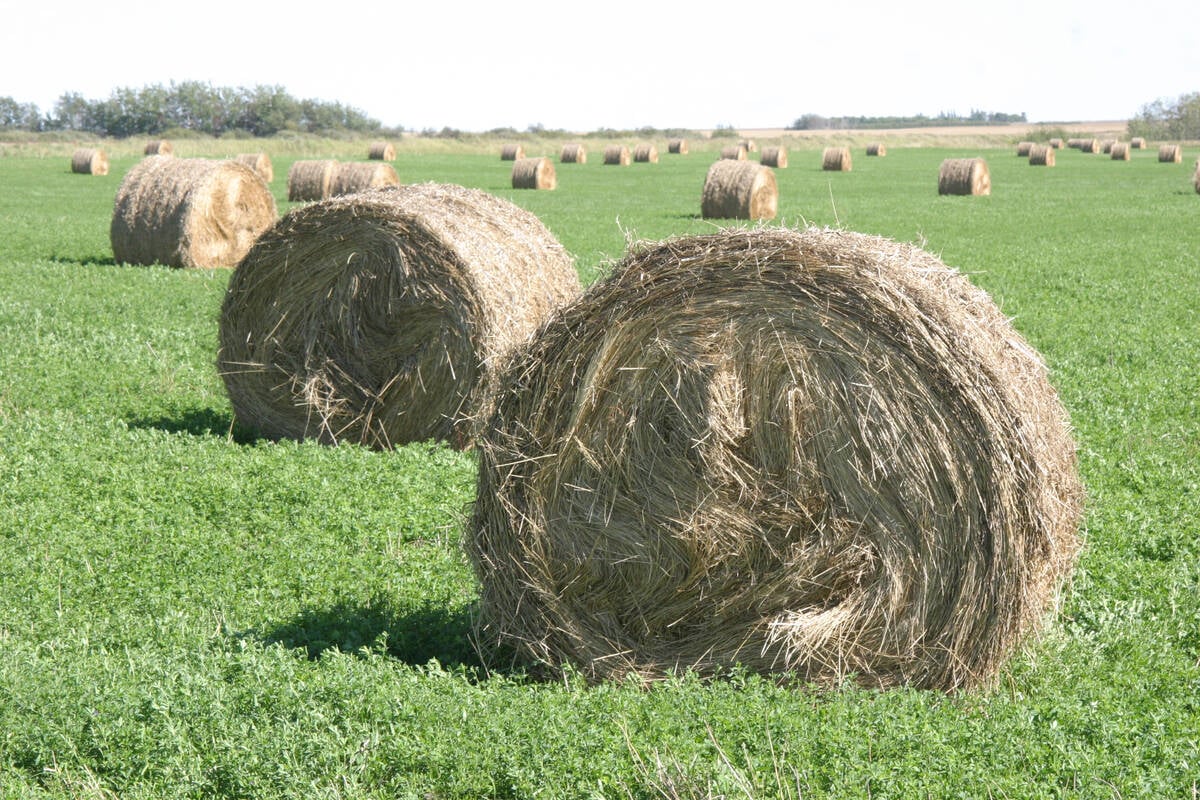Saskatchewan’s chief veterinarian recommends that people quarantine new additions to a horse herd.
“Diseases are spreading and re-emerging,” Dr. Greg Douglas told the recent Saskatchewan Horse Federation conference.
Separating new arrivals for a period of time in which they can be monitored will help prevent infection of other horses on the farm, he said.
Animals under high stress tend to be more susceptible to illness.
“Transport is more stressful than we thought,” Douglas said.
Read Also

Breaking down successful winter feeding into six steps
It’s that time of year when it is important to start planning for a cow herd’s winter feeding program. Here are six steps I think are necessary to consider when getting your feed tested.
It can lead to more respiratory or enteric infections.
Monitoring a new animal and taking its temperature is a good way to control disease. He also said people must admit when they have a problem and call a veterinarian.
Douglas noted that horses are often brought together at competitions, rodeos, trail rides and other events.
“Tack, blankets and equipment are some of the most common ways to spread disease in a hurry,” he said.
Shared bits are also a concern.
He encouraged producers to look at biosecurity risks on their operations and then take action.
For example, a gate at the driveway could heighten visitors’ awareness that they are entering an area where biosecurity measures exist.
Directions to a central parking area, a designated area to clean trailers, and a rodent and mosquito control strategy should be part of the plan.
Producers should keep good records, designate one bottle of medication per animal and keep things clean. Douglas said not all pathogens are killed by all disinfectants, and typically people use the minimum amount.
“Foot baths give a false sense of security,” he added.
Douglas also said that tick species are moving north from the United States and becoming more prevalent in Canada, bringing disease with them.















